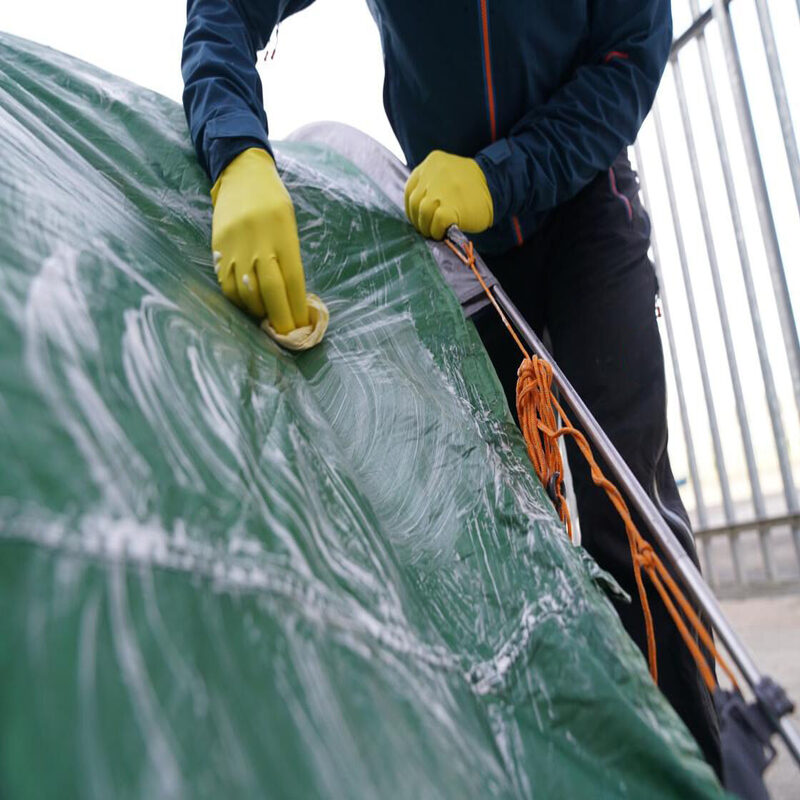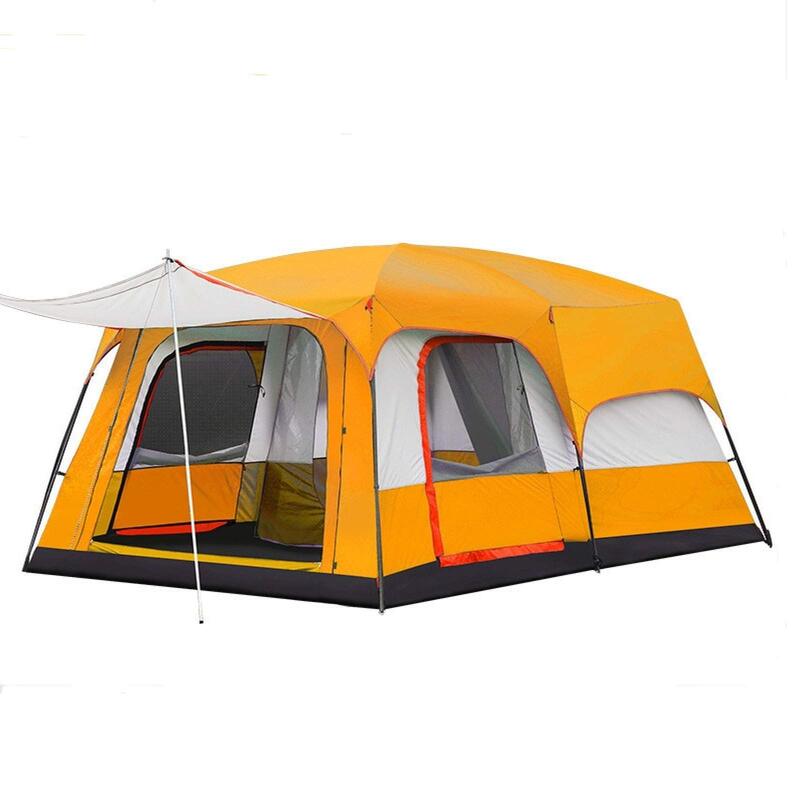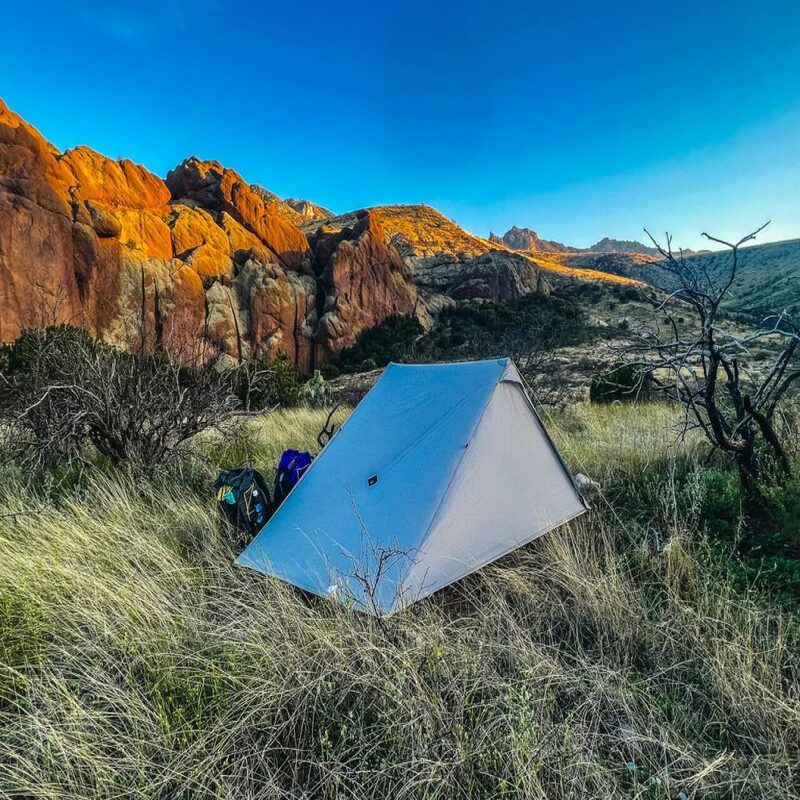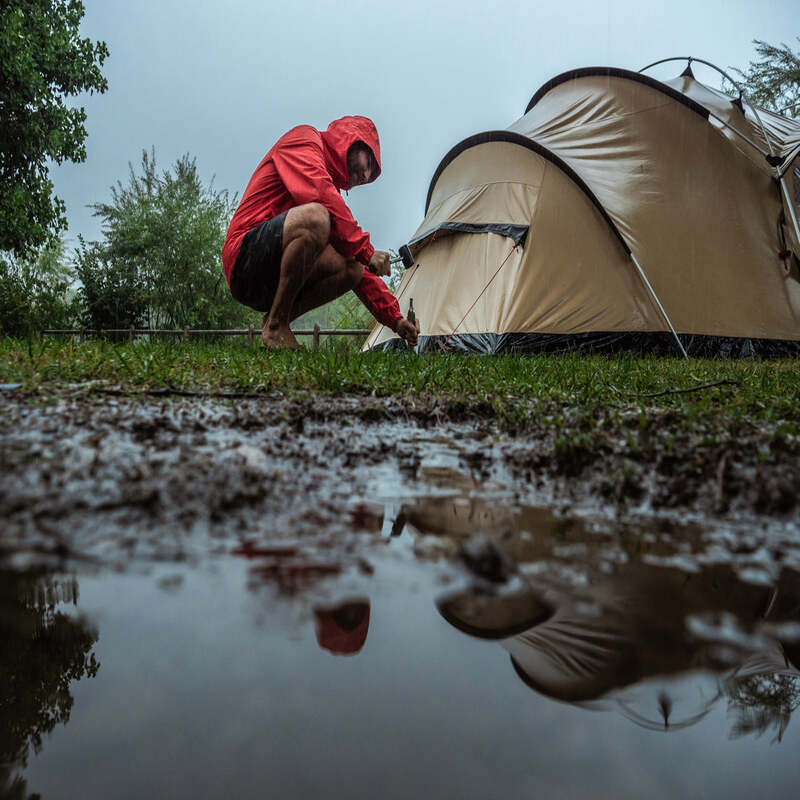Maintaining your tent is essential for its longevity. It protects your investment and ensures that your next outdoor adventure is enjoyable. Tents can accumulate dirt, mildew, and grime over time. Therefore, learning how to wash your tent properly is crucial. This guide will walk you through the process step by step. By following these instructions, you can keep your tent in excellent condition for future use.
Understanding Why and When to Wash Your Tent
Why wash your tent
Cleaning your tent is not just about aesthetics. Over time, dirt and mildew can break down the tent’s materials. This degradation compromises its waterproof capabilities. Consequently, it may lead to leaks during your camping trips. Therefore, cleaning your tent regularly is important to maintain its performance.
Additionally, many campers do not realize when to clean their tent. Generally, you should clean your tent after heavy use, particularly following a muddy or rainy expedition. Another good practice is to wash your tent at the end of the camping season. This ensures that any accumulated grime does not become a permanent issue. Further, paying close attention to any signs of mold is crucial. If you notice spots developing, take action quickly. This proactive approach will save you time and money in the long run.
Signs It’s Time to Clean Your Tent
Recognizing the signs indicating a need for cleaning can help maintain your tent’s condition. One of the most obvious signs is visible dirt on the surface. If your tent looks dingy, it is time to wash it. Dirt can hold moisture, which leads to mold growth. Similarly, if you notice any discoloration or staining, washing your tent should be a priority.
Moreover, a significant indicator is the smell. If your tent emits a musty odor, mold likely is forming. In addition to unpleasant smells, poor performance of waterproofing is another red flag. If water beads do not form on the surface, the tent may need a wash. Cleaning helps restore the protective coating that is essential for repelling water. Therefore, do not ignore these indications; cleaning your tent can enhance its lifespan.

Preparing to Wash Your Tent
Preliminary steps
Before you begin the washing process, complete some preliminary steps. Gathering the necessary materials is the first step to ensure a successful wash. You will need mild soap specifically designed for tents. Using harsh detergents can damage the fabric and coating, so be cautious.
Additionally, prepare a clean, flat area for washing. A backyard or a clean patio can work well. Ensure the space is away from dirt and debris that can contaminate your tent while cleaning. Having enough room is also essential for drying your tent after washing. Furthermore, check for any visible damage or repairs that may be needed before you wash the tent. Inspecting the seams and zippers will ensure a comprehensive cleaning process.
Essential Materials for Cleaning Your Tent
Understanding which materials to use during the cleaning process makes a difference. First, select a soft-bristle brush or a sponge for scrubbing. Avoid abrasive tools that could damage the tent fabric. Additionally, make sure you have a bucket or tub for mixing the cleaning solution. This will help you effectively clean areas that need extra attention.
Moreover, choose a bathtub or large sink when possible. This allows you flexibility for submerging smaller tents. If washing a larger tent, consider using a hose and cleaning it outside. However, still be aware of your surroundings to avoid bringing dirt back in. When washing, it is also important to have ample access to clean water. This will allow for thorough rinsing and ensure no soap residue remains on your tent after the wash.
The Cleaning Process: Step-by-Step
Cleaning Process
Now that you are prepared, let’s dive into the cleaning process. First, begin by setting up your tent in an area that allows for easy cleaning. If it is a larger tent, you can partially unfold it. This placement ensures convenient access to all areas while washing.
Next, shake out any loose debris and dirt. Removing this material will make the washing process easier, as it prevents the dirt from mixing with the cleaning solution. After shaking it out, you can unroll your tent completely. Then, use your soft-bristle brush to lightly scrub the surface, focusing on stained areas.
Mixing the Cleaning Solution
After you have prepped your tent, it is time to prepare the cleaning solution. Start by filling your bucket or tub with cool water. Be cautious not to use hot water, as it can damage the tent fabric. Once you have filled your container, add a small amount of the mild soap you selected earlier. Remember to read the product’s instructions for proper dosage.
Now stir the solution to create a soapy mixture. As you mix, keep an eye on the bubbles forming. Too many bubbles can make rinsing difficult, so balance is key. Once mixed, dip your sponge or soft-bristle brush into the solution. Then, use it to gently scrub the tent’s surfaces, focusing on stained or dirty areas.

Rinsing Your Tent
Rinse off the soap
After you have thoroughly scrubbed your tent, it is time to rinse off the soap. Rinsing should be done carefully to avoid leaving any soap residue. This residue can attract dirt over time and reduce your tent’s performance. Begin by using clean, cool water to rinse the tent surfaces.
If you are outside, using a garden hose can be effective. Direct the hose towards the tent from the top and work your way down. Take your time to ensure each section receives adequate rinsing. Additionally, if you find spots that remain soapy, you may need to scrub them again lightly.
Drying Your Tent Properly
Once you have rinsed off all the soap, drying becomes your next priority. Proper drying is vital to prevent mold and mildew growth. Start by shaking out any excess water from the fabric. This helps speed up the drying process and makes handling the tent easier.
Next, hang your tent up to dry in a shaded, well-ventilated area. Avoid direct sunlight, as prolonged exposure can degrade some materials. If conditions permit, allow the tent to air dry naturally for several hours. Ensure the fabric is completely dry before you fold and pack it away. This extra care helps maintain its functionality and prevents unpleasant odors.
Caring for Your Tent After Cleaning
Caring for Your Tent
After cleaning, it is essential to take care of your tent for future use. One of the first steps is to check its waterproof coatings. Over time, these coatings can wear off and require reapplication. Look for specific products designed for the tent’s fabric type. Apply the coating according to the product instructions to enhance its waterproofing capabilities.
Additionally, inspect the tent for any damage that may have occurred during use. Repairing small tears or broken seams promptly will prolong the life of your tent. Sewing kits and seam sealants are helpful tools for quick fixes. Furthermore, ensure to store your tent properly. A clean, dry environment is optimal for storage to avoid mold growth.
Taking Preventative Measures
Preventative care can save you time and effort in the long run. Always set up your tent in clean areas whenever possible. Choosing a location free from debris will minimize dirt accumulation on the material. Additionally, consider using a footprint or ground tarp beneath your tent.
These extra layers provide added protection against moisture and dirt. Furthermore, after each camping trip, take a moment to dry any moisture before storage. This simple habit will significantly reduce the chances of mold growth. Finally, consider investing in a tent bag designed for long-term storage. It will help keep your tent organized and safe from damage.

Conclusion: The Importance of Tent Maintenance
In conclusion, understanding how to wash and care for your tent is vital for any outdoor enthusiast. Keeping your tent clean will ensure it remains functional for many adventures. By following the outlined steps, you’ll not only extend its life but also enhance its performance. A well-maintained tent will provide you with years of enjoyment on your trips.
As you prepare for your next camping experience, remember to prioritize cleaning and care. Taking the time to wash your tent is an investment in the future. Therefore, appreciate the process and enjoy the benefits that come with a well-cared-for tent. Happy camping!
